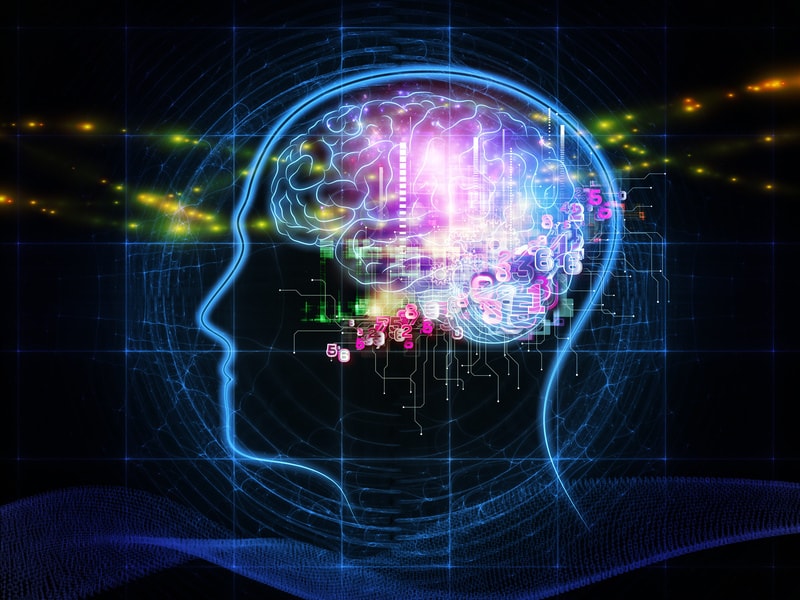Evaluation of a Quantitative Study
Evaluation of the Research Problem The research problem in this article is: Is there a relationship between discrimination in…
Service Team Roles
Service Team Roles Joshua is a thirteen year old male who was brought in for treatment by his mother…
Intelligence Across the African-American and Latino Cultures
Shiraev & Levy (2013) defines intelligence as, “The global capacity to think rationally, act purposefully, overcome obstacles, and adapt to…
Cultural Norms & Values in the African-American Population
Shiraev & Levy (2013) defines culture as, “A set of attitudes, behaviors, and symbols shared by a large group of…
Using the Hamilton Depression Rating Scale: A Case Study on Grief
Scenario Allen is a 70-year-old male that is dealing with his wife’s death that happened last year. He came…
Evaluation of a Qualitative Study
Evaluation of the Research Problem The research problem is: Addressing effectiveness in interventions used in substance abuse programs. Another part…
Crisis Intervention
The intermittent improvisation, instead of particularly remedial, utilization so psychotherapy or counseling to help people, families, and sets of people…
DSM-5 Criteria for Social Anxiety Disorder
Sam’s Diagnosis/DSM-5 Criteria Sam has struggled to engage in conversations with others, and experiences anxiety on days that he must…
Selecting a Diagnosis
DSM-5 Diagnosis Schizophrenia is a disorder that has positive and negative symptoms. Rigby & Alexander (2008) states that positive…
The Anatomy of Research and the Scientific Method
Description of Study A counselor conducts a multiple-baseline study to measure the effect of cognitive-behavioral therapy (CBT) on self-harm. Sheperis,…
The Relationship Between Sexual Minorities and Mental Health Issues
Probable Research Problem The learner is tentatively framing a research question around sexual minorities and mental health. She is struggling…
Legality and Ethics for Case Management
Legality and Ethics for Case Management When it relates to addictions counseling, case management is meant to help design…
Discrimination and Mental Illness in the LGBT Population
Research Problem The research problem is studying the lived experiences of discrimination and mental illness in the LGBT population. When…
Identifying Relevant Theories and Models
Psychoanalytic Theory Psychoanalytic theory mandates that part of our personality lies in the unconscious (Hyde & DeLamater, 2014). Sigmund…
Developing a Case Study
Developing a Case Study The clients name for this case study is John and he is an 21-year-old Caucasian male…
Counselor and Client Safety
Counselor and Client Safety The topic of this paper is client and counselor safety in the crisis intervention field.…
Diagnosis and Treatment Planning
Diagnosis and Treatment Planning The clients name for this case study is John and he is a 21-year-old Caucasian male…
The Effects of Trauma on Clients and Counselors
The Effects of Trauma on Clients and Counselors In this paper, I will pick 2 examples of trauma-causing events and…
Characteristics and Behaviors of Effective Counseling
Characteristics and Behaviors of Effective Counseling In this paper, I am going to analyze the given case study for effective…
Ethics and Legal Course: Landmark Legal Case
Landmark Legal Case In this paper, I am going to discuss this legal case involving a man with a mental…




















